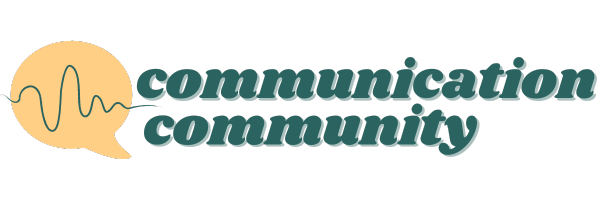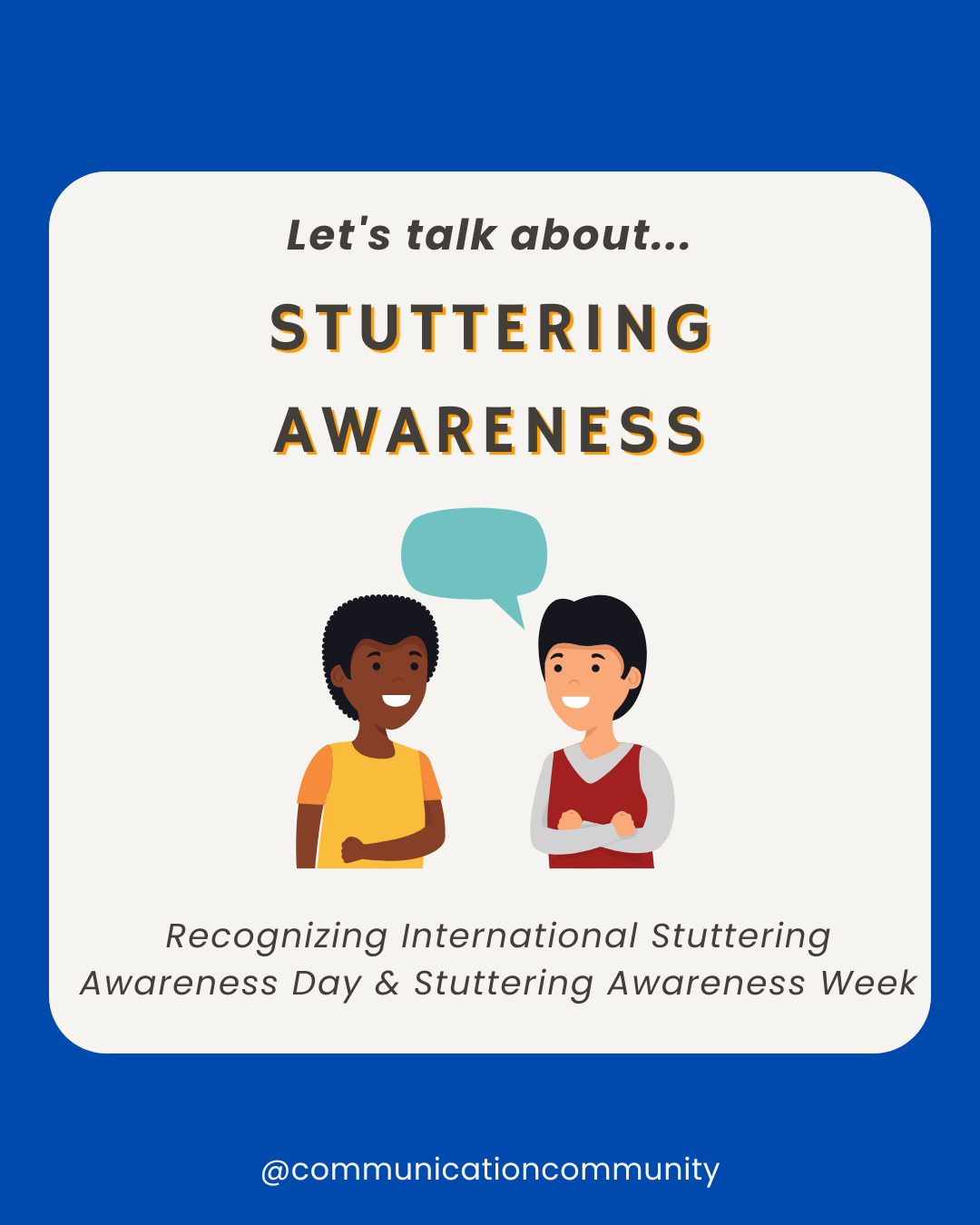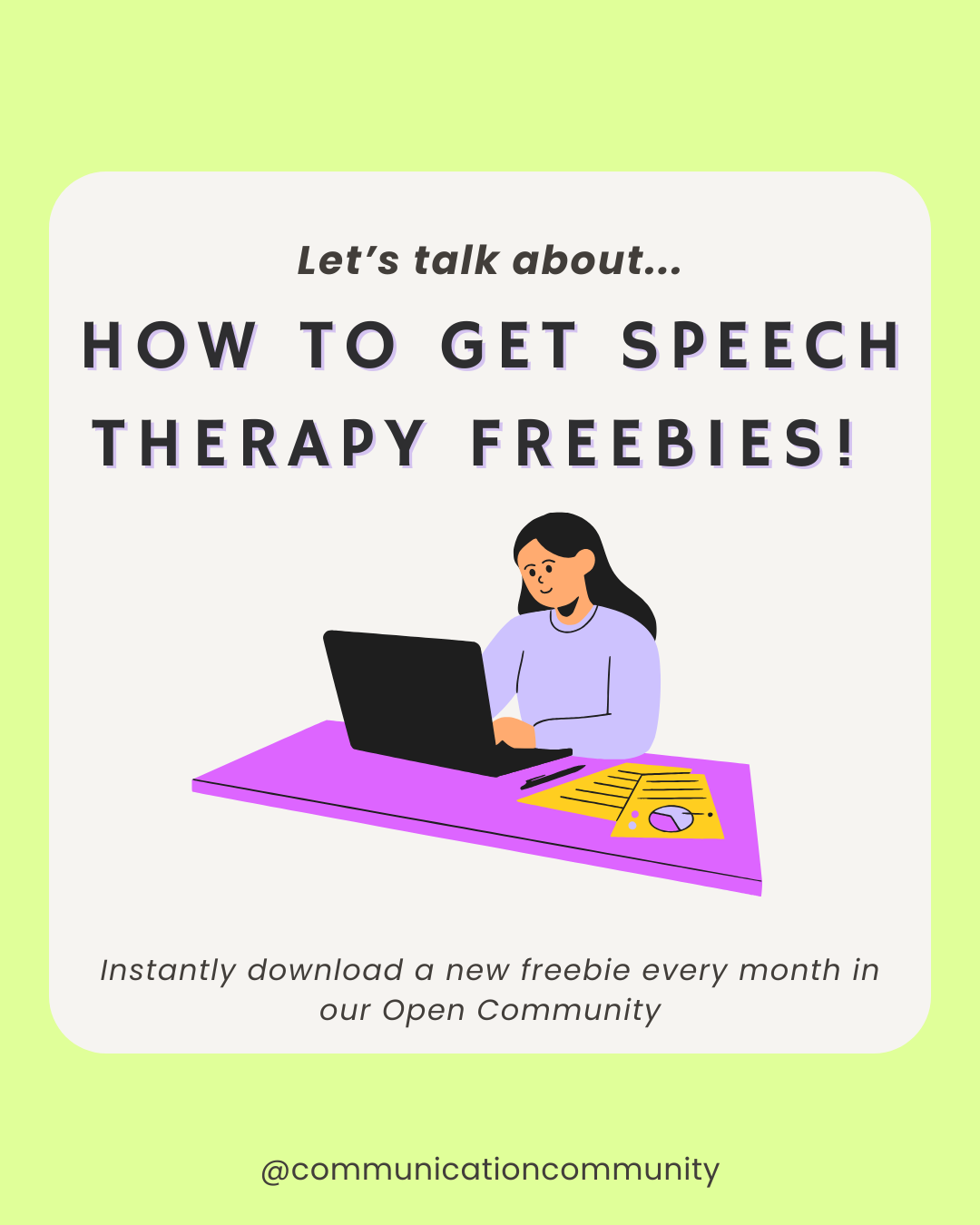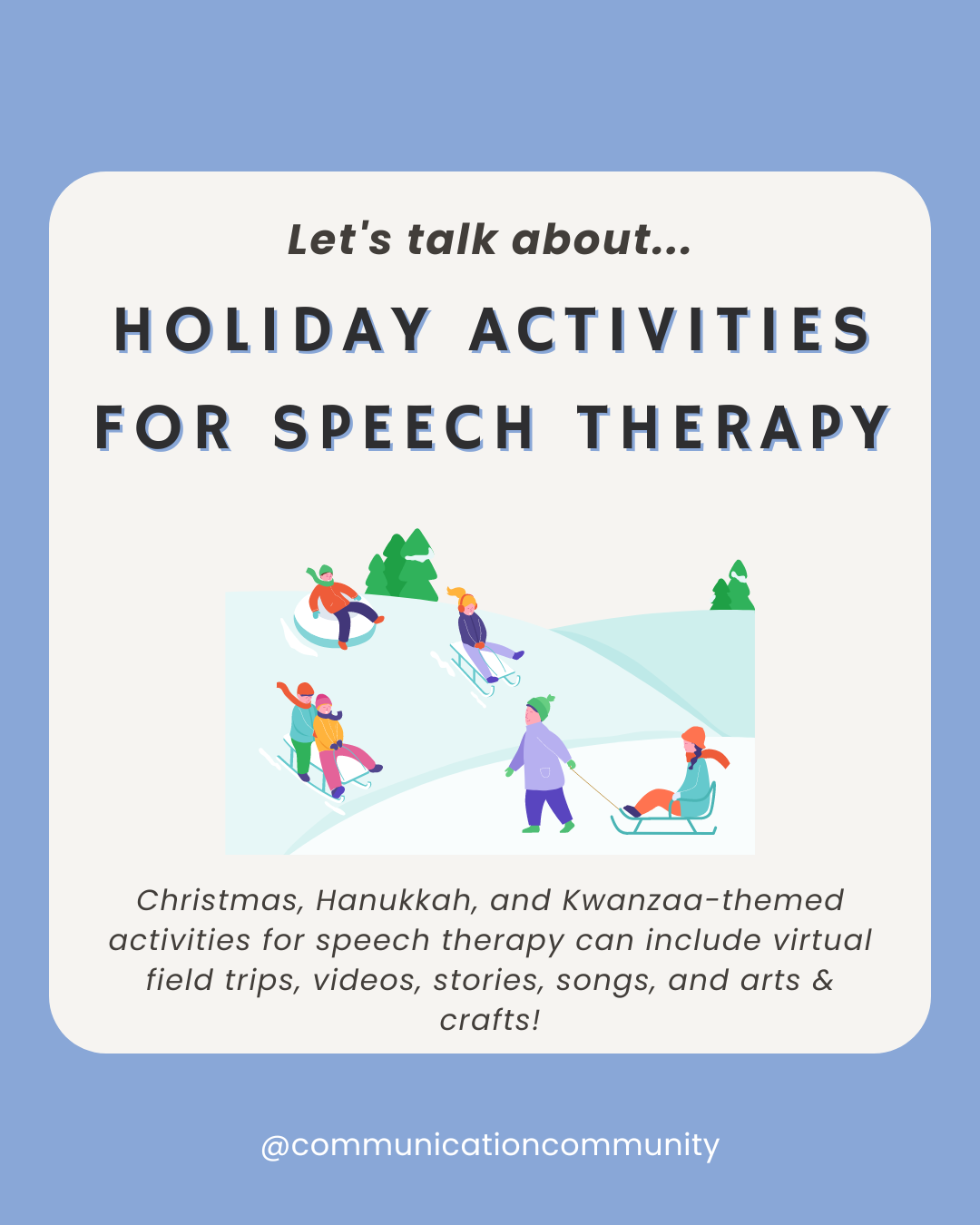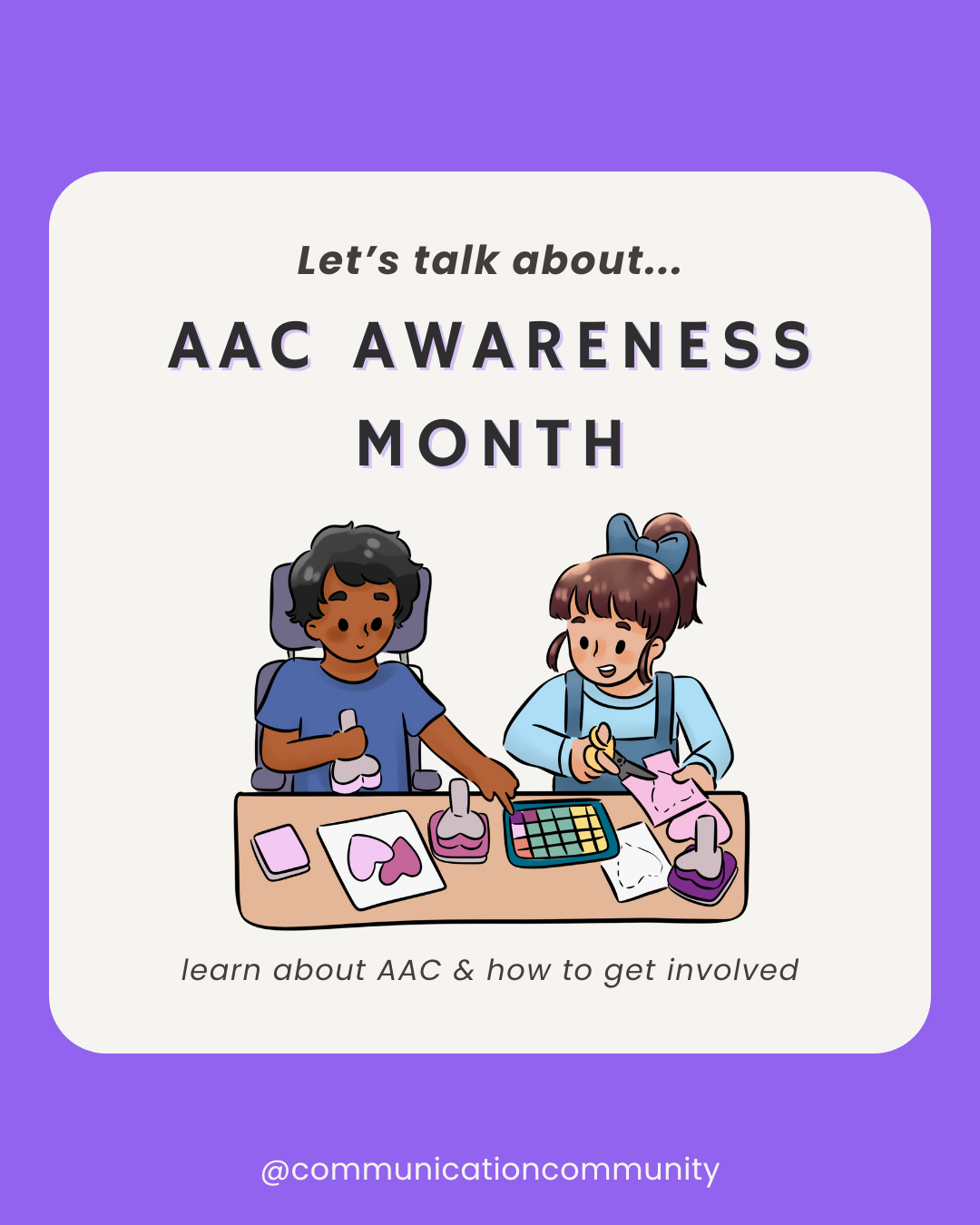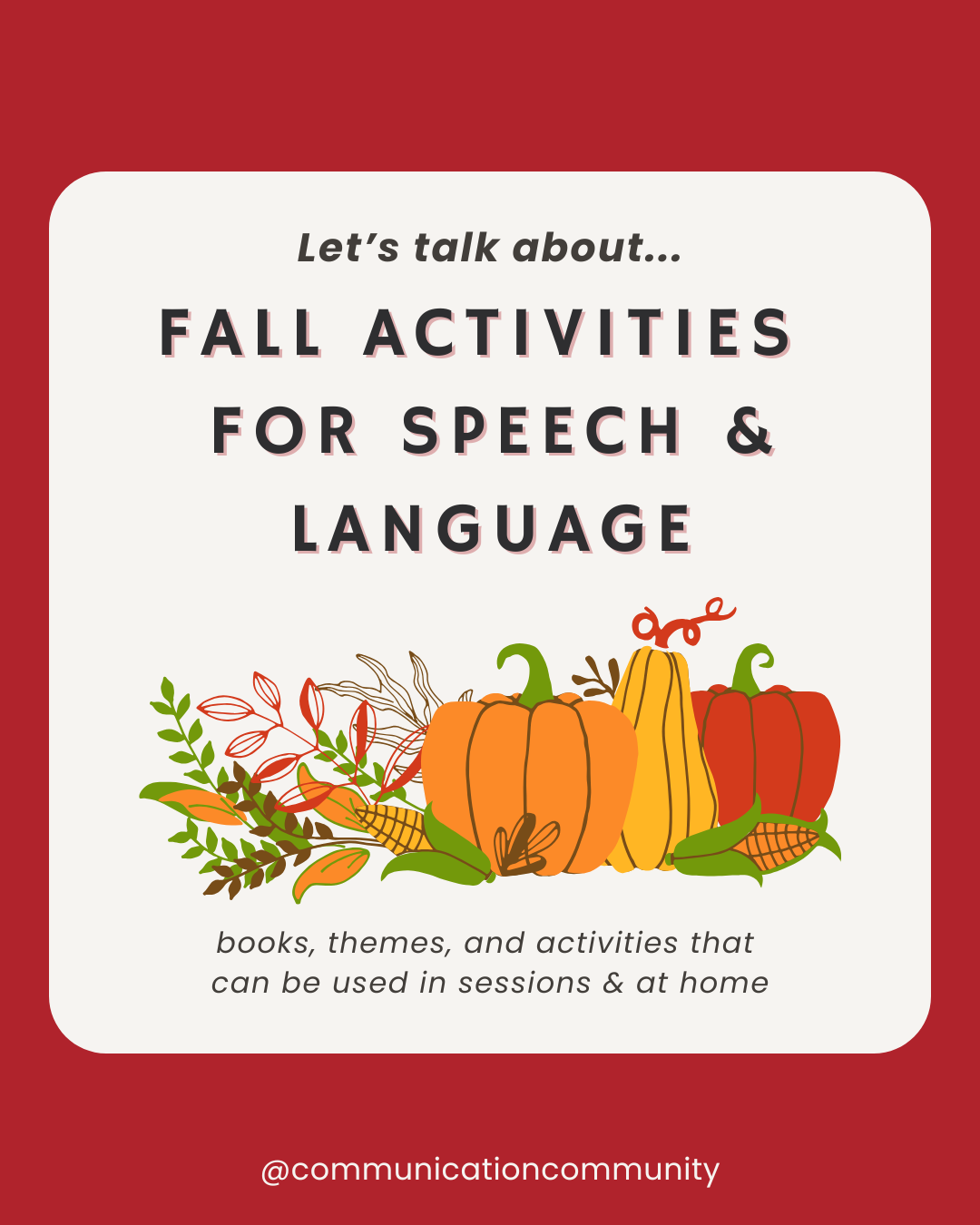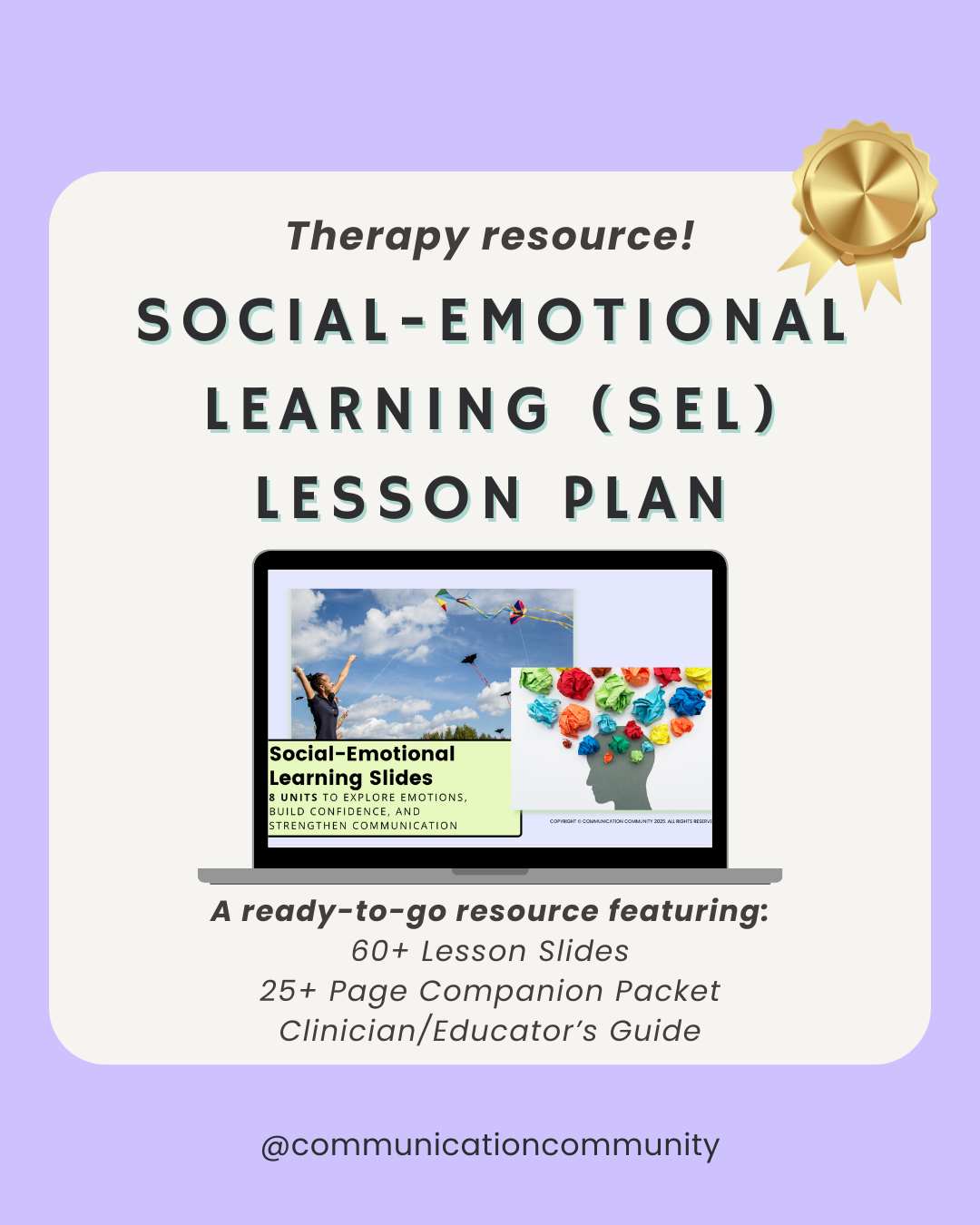Stuttering Awareness Throughout the Year
International Stuttering Awareness Day is a global event celebrated on October 22nd every year. National Stuttering Awareness Week is celebrated in the United States during the second week of May. For people based in the United States, there are two opportunities to raise awareness about stuttering, which is truly a win!
What Is Stuttering?
Stuttering (also known as stammering in some parts of the world) is a difference in speech characterized by the presence of stutter-like disfluencies, which include repetitions, prolongations, and blocks. Read more about stuttering here.
Stuttering can vary day to day and is a unique experience for everyone who stutters. However, it is not caused by nervousness and is not a marker of intelligence.
Developmental stuttering often begins in early childhood but may persist into adulthood. Other individuals begin stuttering later in life, often due to a neurological issue.
Many people who stutter lead full lives and communicate effectively with or without speech therapy. Some people who stutter (PWS) prefer to employ strategies for reducing disfluencies in their speech, while other PWS do not. There is no right or wrong approach.
Stuttering Myths and Facts
Misconceptions about stuttering can contribute to stigma and misunderstanding. Check out some common myths - and the real facts.
Myth: “People who stutter are nervous or shy.”
Fact: Stuttering is a speech difference, not a personality trait. People who stutter can be just as confident and outgoing as anyone else. Additionally, confidence and stuttering are not related. Many people who stutter are powerful speakers, leaders, and advocates.
Myth: “If someone just tries harder, they can stop stuttering.”
Fact: There is no single “cure” for stuttering. Therapy and support can help people communicate more comfortably, but stuttering isn’t a sign of weakness or lack of effort.
Myth: “It’s helpful to interrupt or finish someone’s sentence if they are stuttering.”
Fact: Interrupting someone can increase pressure and may be considered disrespectful. The best way to support someone who stutters is to give them time and space to speak.
Myth: “Stuttering only happens in childhood.”
Fact: While some children outgrow stuttering, many adults also stutter. Stuttering can be a lifelong part of someone’s communication.
The Role of Speech-Language Pathologists (SLPs) in Stuttering
Speech-language pathologists (SLPs) often work with PWS across the lifespan. They may be involved in:
- Assessment: Identifying the presence and characteristics of stuttering, including secondary behaviors and understanding the individual’s communication goals.
- Intervention: Using evidence-based strategies to reduce negative reactions, increase communication confidence, and support participation in daily activities.
- Education: Providing education to individuals about their stuttering, as well as teaching communication partners (e.g., caregivers, teachers, peers, coworkers) how to best support individuals who stutter.
- Advocacy: Promoting acceptance and awareness of stuttering in schools, workplaces, and communities.
The Importance of Stuttering Awareness
Stuttering awareness campaigns help:
- Promote understanding and acceptance of stuttering.
- Reduce stigma and misconceptions.
- Celebrate the voices of people who stutter.
- Share tools, resources, and personal stories.
- Advocate for inclusive communication spaces.
How to Get Involved in Stuttering Awareness
- Read up on stuttering:
- Learn about and share facts and stories about stuttering found on social media, news sources, podcasts, and online. Proud Stutter and Sisters Who Stutter are great places to start!
- Advocate for stuttering awareness and PWS:
- Listen to the thoughts, ideas, and beliefs of PWS
- Support organizations and initiatives that amplify the stuttering community.
- Help dispel harmful myths about stuttering
History of Stuttering Awareness Events
- International Stuttering Awareness Day was established in 1998 to unite people who stutter and those who support them around the world.
- National Stuttering Awareness Week was established in 1988 in the U.S. and is celebrated annually in May.
Stuttering Resources
The websites above are great resources for all things stuttering. Inside our Premium Community, we offer a variety of therapy materials and educational handouts related to stuttering.

